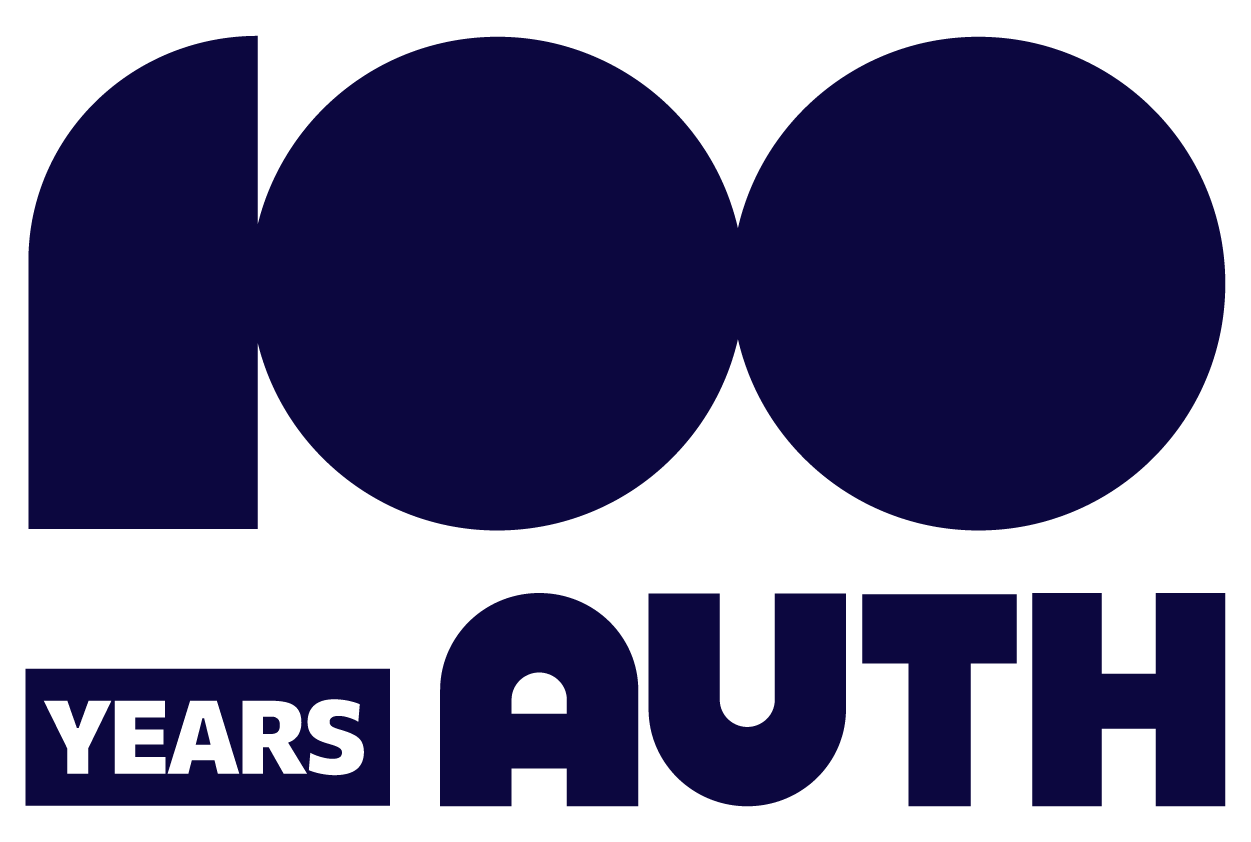
The aim of this course is to introduce a flourishing literary genre and investigate the ways travel writing has become relevant to a broad range of cultural, political and historical debates. After outlining competing definitions and offering a brief overview of the evolution of Western travel writing, the focus will fall on non-fiction and fiction travel accounts written by British travellers in the 18th and 19th centuries, a period during which the relationship between Britain and the wider world changed radically. The texts under examination will feature personal, scientific, touristic, antiquarian, diplomatic, and exploration discourses and will invite us to discuss the narrative techniques and literary devices authors used to achieve their effects. In addition, the course will address questions such as: what do travelogues reveal about the traveller’s subjectivity and their views of other peoples and other cultures? How did travel accounts help Britain understand the world? How do issues of identity construction, gender and sexuality impinge on travel writing? By the end of the course students are expected: 1) to have acquired a deeper knowledge of travel writing as a literary form and register within eighteenth and nineteenth-century British literature and literary history 2) to have acquired a theoretical awareness of the narrative devices and literary practices involved in writing within this form 3) to have broadened and deepened their critical and theoretical skills in reading and understanding the various discourses (gender, power, imperialistic, aesthetic) that shape these writing. Assessment is based on 1) Final exam only or 2) a brief critical essay with limited bibliography (30% of the final grade) and on a final examination with a combination of two short essay questions on taught materials (70% of the final grade).
| Semester | Group | Day | From | To | Room | Instructor |
| Spring | Tuesday | 16:00 | 18:30 | 01 ν.π. | Schoina Maria |